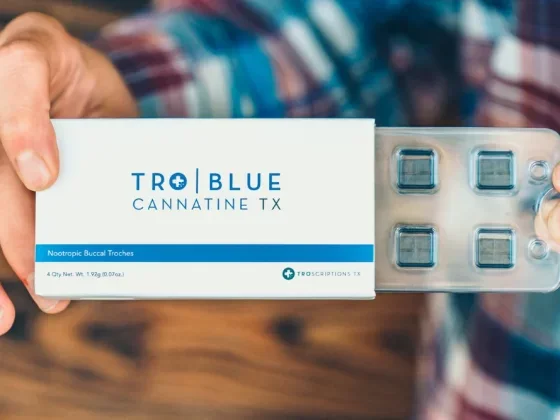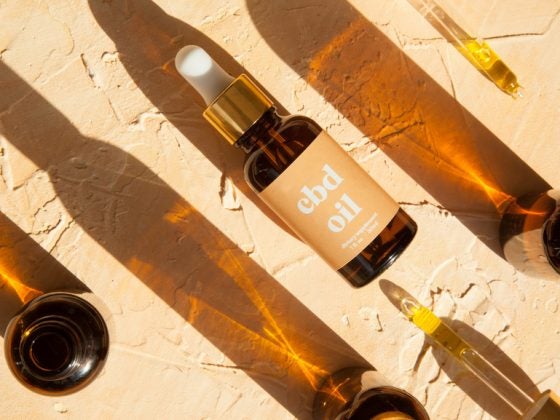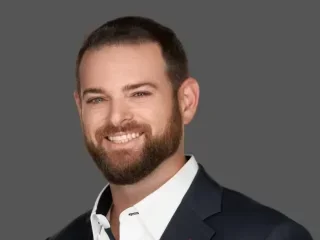It’s no secret in 2023 that social media is an essential resource for any solo entrepreneur looking to scale up.
When you are creating a business from scratch — especially one where you are the sole face of the brand — cultivating an engaging and authentic online presence is crucial to building trust and a glowing reputation.
Perhaps no industry has pushed the boundaries of traditional social media as much as the health and wellness industry. Over the past decade, we have witnessed a boom in fitness influencers and online trainers utilizing their social media to serve a whole multitude of purposes: workout regimes, live tutorials, recipes, mental health advice, and — sometimes — a much-needed dose of ‘Insta Vs Reality’.
But some of the lesser-known types of health professionals who are increasingly carving out their own space on social platforms are health coaches. So, how exactly can they get the most out of social media?
What is a health coach?
“A health coach is someone who can bring a 360-degree perspective to your health journey,” says certified health coach Erika Schlick. “Often, people visit numerous different professionals to help us out in this often challenging arena, from personal trainers to nutritionists to therapists, but how do we bring this all together? That’s where a health coach can help.”
Schlick herself ended up in the health coaching business after a life-altering battle with Lyme disease and numerous debilitating co-infections she developed as a result. “With my healing journey came a tremendous amount of new-found knowledge about health and healing,” she explains. “It only felt right to use this to help other people.”
Schlick graduated from the Institute For Integrative Nutrition (IIN) as a certified health coach in 2015. Following this, she started a health coaching practice to help others trying to heal from chronic conditions so they “don’t ever find themselves in my shoes.”
Building your brand
“Social media is the best way for health coaches to share their expertise, find new connections, and make a real-world impact,” says Schlick. “If you aren’t fully taking advantage of what each of these platforms has to offer, you’re losing out on opportunities to grow your brand.”
As Schlick explains, your social presence should be an extension of yourself or your product. That might mean spotlighting your niche — in Schlick’s case, much of her content focuses on maintaining a healthy, symptom-free life after recovering from chronic health conditions — along with using it as a chance to show off your personality or share your expertise.
“People who follow your social media should feel like you are approachable and real,” Schlick says. “On a very basic level, it is indeed a type of marketing but, more than anything, it’s a chance to show who you are in a more personal way above anything else.”
Take TikTok, for example; users love to connect with brands and creators, with 73% reporting that they feel a deeper connection to companies when they interact with them on the video-sharing platform. The days of arduous lead generation have now turned into full-blown communities of hundreds of thousands of followers.
Share your expertise
It’s a well-known fact that a large number of social media users are “passive”. “While we often talk about the importance of engagement in the form of likes, comments, and shares, some of your most impactful work will go unspoken,” Schlick says.
On her social media, Schlick shares recipes from her cookbook “Wandering Palate,” gives people a little window into her personal life, and talks about health topics that are important to her. “Of course, not all of my followers will book a consultation with me, comment on a post, or even leave a like,” she adds, “but consistent posting on social media is essential to maintain your position as a thought leader and leading professional. This requires you to deliver on the content that people followed you for.”
Cultivating trust
“If you have ever experienced a debilitating health condition, you know that putting yourself in the hands of the right professional can change everything,” Schlick says. “Social media is a great way to establish a relationship and build trust in the people who will become your loyal followers and maybe even one day clients”.
Schlick adds that health coaching is not just about having a large roster of clients, but exploring other avenues that health coaching and social media are compatible with — such as YouTube, live streams, and downloadable guides.
“A health coach is someone who can be a mentor and a source of constant support on your health journey,” Schlick says. “In many cases, you can help people simply through the power of social media long before they may ever reach out to you. If your goal is to help the people who really need it, the content will often find its way to the right audience.”
Find out more on The Trail to Health.

















